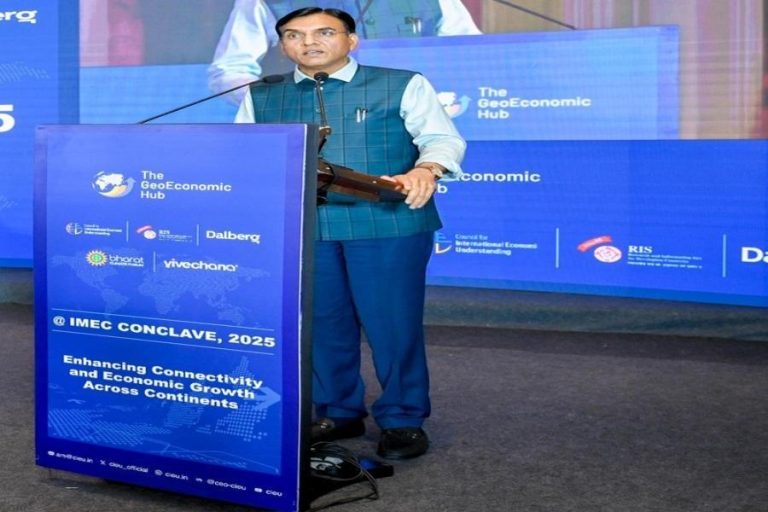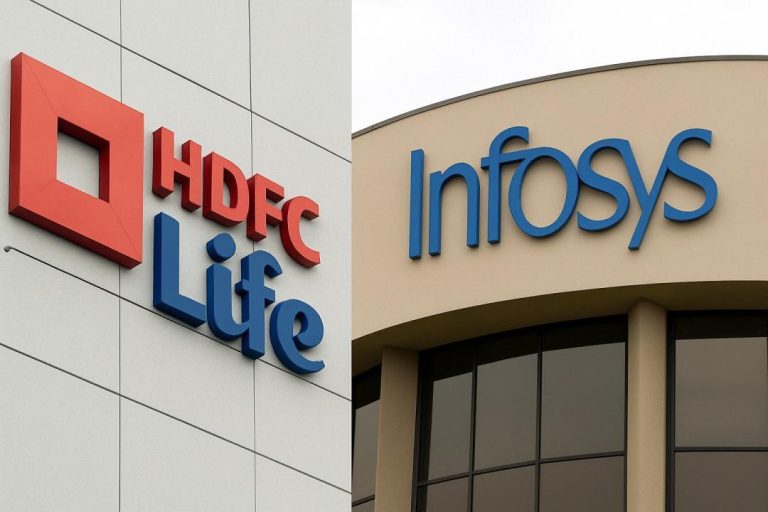
How is tech making hotels run leaner and faster?
The hospitality industry has undergone a significant transformation in recent years, driven largely by the adoption of technology. Gone are the days of manual checks and paper-based systems; today, automation and analytics are the keys to streamlining hotel operations, reducing delays, and minimizing errors. As a result, hotels can focus on delivering exceptional guest experiences while minimizing overheads and resource waste.
In this blog post, we’ll explore the ways in which technology is making hotels run leaner and faster, from booking management to inventory tracking, and examine the benefits of a more efficient backend operation.
Streamlining Booking and Front-Desk Operations
One of the most significant areas where technology has made a significant impact is in booking and front-desk operations. Modern Property Management Systems (PMS) enable hotels to automate the booking process, reducing the likelihood of human error and increasing the speed at which reservations are processed. With real-time updates and seamless integration with online travel agencies (OTAs), hotels can ensure that room allocations are accurate and up-to-date, minimizing the risk of overbooking and maximizing revenue.
Moreover, many PMS systems now come equipped with advanced analytics tools, providing hotels with valuable insights into guest behavior, booking patterns, and revenue trends. This data can be used to inform pricing strategies, optimize room allocation, and identify opportunities to increase revenue.
Inventory Tracking and Management
Inventory tracking and management are critical components of hotel operations, and technology is playing a vital role in streamlining these processes. Automated inventory management systems enable hotels to track and manage stock levels, monitor consumption patterns, and optimize ordering and procurement processes. This not only reduces waste and minimizes the risk of stockouts but also enables hotels to better plan for peak periods and special events.
In addition, many hotels are now using data analytics to optimize their inventory strategies. By analyzing sales data, seasonality, and guest behavior, hotels can identify trends and patterns that inform purchasing decisions, reducing the likelihood of over- or under-stocking.
Housekeeping and Maintenance
Housekeeping and maintenance are essential hotel operations that can often be time-consuming and labor-intensive. However, technology is helping to streamline these processes, enabling hotels to reduce delays and improve efficiency.
Automated housekeeping systems, for example, enable hotels to assign tasks and track progress in real-time, reducing the likelihood of errors and improving communication between housekeeping staff and front-desk personnel. Additionally, many hotels are now using data analytics to optimize their housekeeping schedules, ensuring that rooms are cleaned and prepared for guests at the optimal time.
Staffing and Labor Management
Effective staffing and labor management are critical components of hotel operations, and technology is playing a vital role in streamlining these processes. Automated scheduling systems, for example, enable hotels to create and manage staff schedules with ease, reducing the likelihood of errors and improving communication between management and staff.
In addition, many hotels are now using data analytics to optimize their staffing strategies. By analyzing sales data, guest behavior, and labor costs, hotels can identify trends and patterns that inform staffing decisions, reducing the likelihood of over- or under-staffing.
Benefits of a More Efficient Backend Operation
So, what are the benefits of a more efficient backend operation? By streamlining booking and front-desk operations, inventory tracking and management, housekeeping and maintenance, and staffing and labor management, hotels can:
- Reduce delays and errors, improving the overall guest experience
- Increase efficiency and productivity, freeing up staff to focus on guest care
- Minimize overheads and resource waste, reducing costs and improving profitability
- Gain valuable insights into guest behavior and revenue trends, informing data-driven decisions
Conclusion
In conclusion, technology is playing a vital role in helping hotels run leaner and faster. By automating booking and front-desk operations, inventory tracking and management, housekeeping and maintenance, and staffing and labor management, hotels can reduce delays and errors, improve efficiency and productivity, and minimize overheads and resource waste.
As the hospitality industry continues to evolve, it’s clear that technology will play an increasingly important role in shaping the future of hotel operations. By embracing automation and analytics, hotels can focus on delivering exceptional guest experiences while minimizing costs and improving profitability.
Source:
https://www.growthjockey.com/blogs/impact-of-technology-in-hospitality






